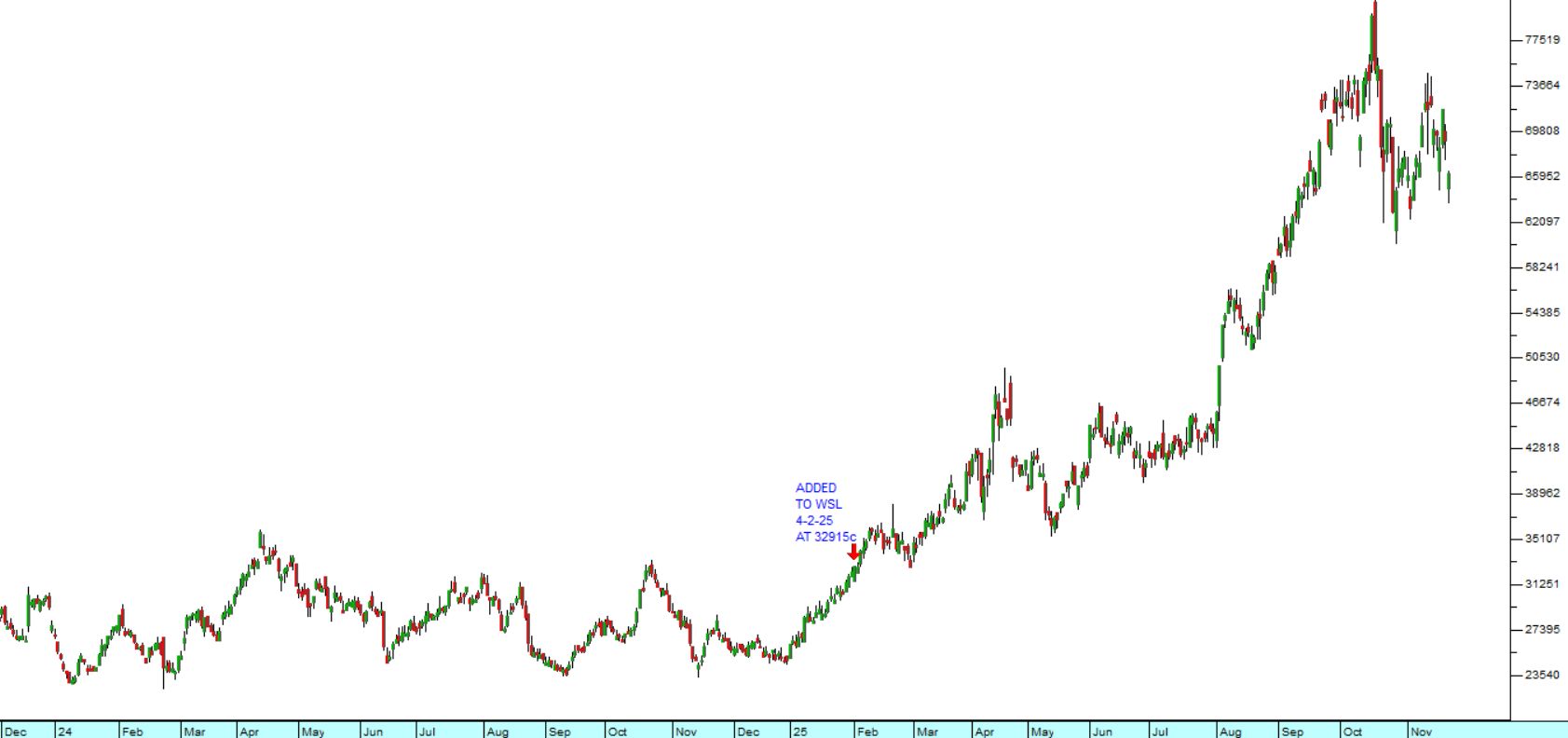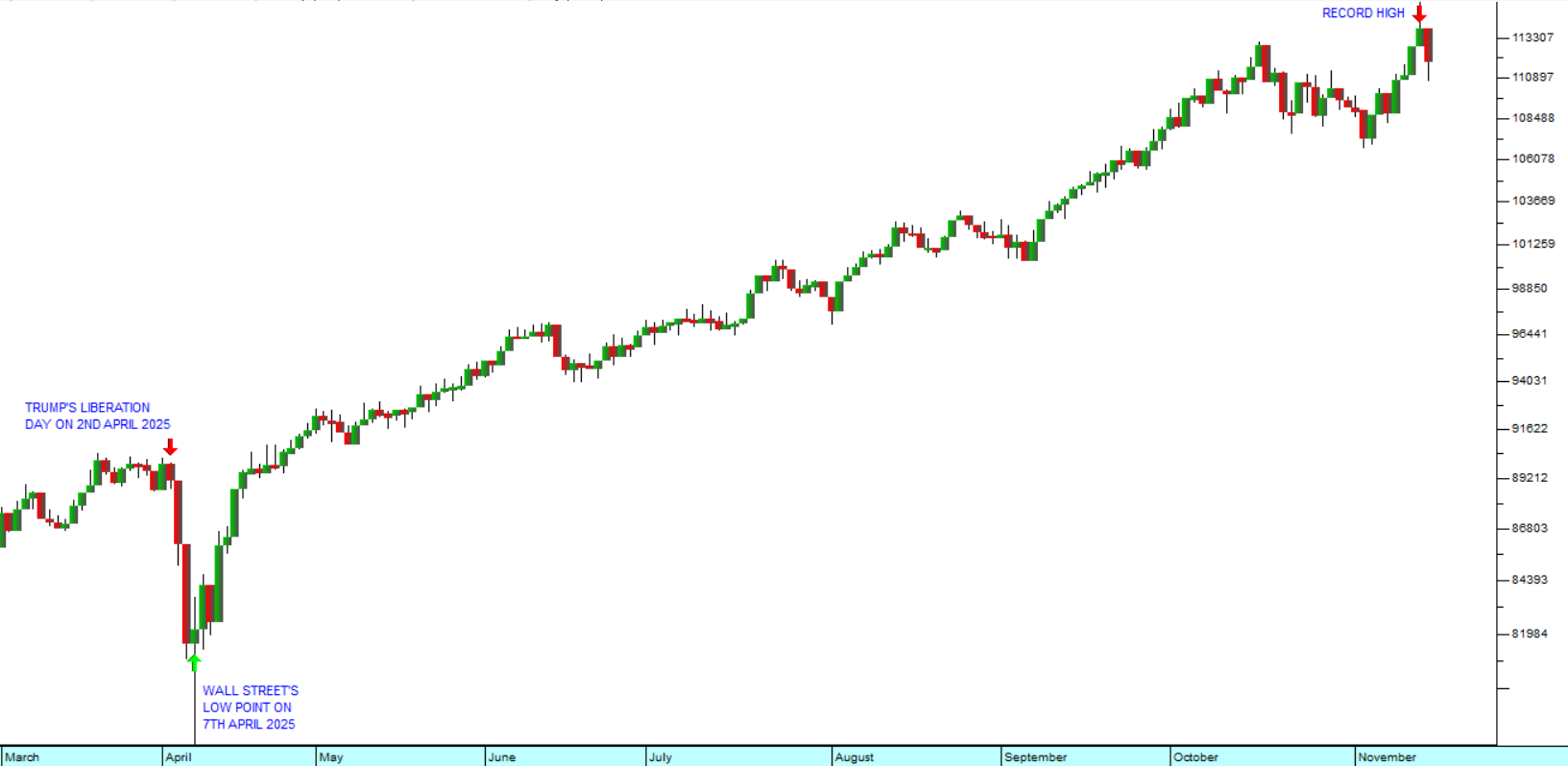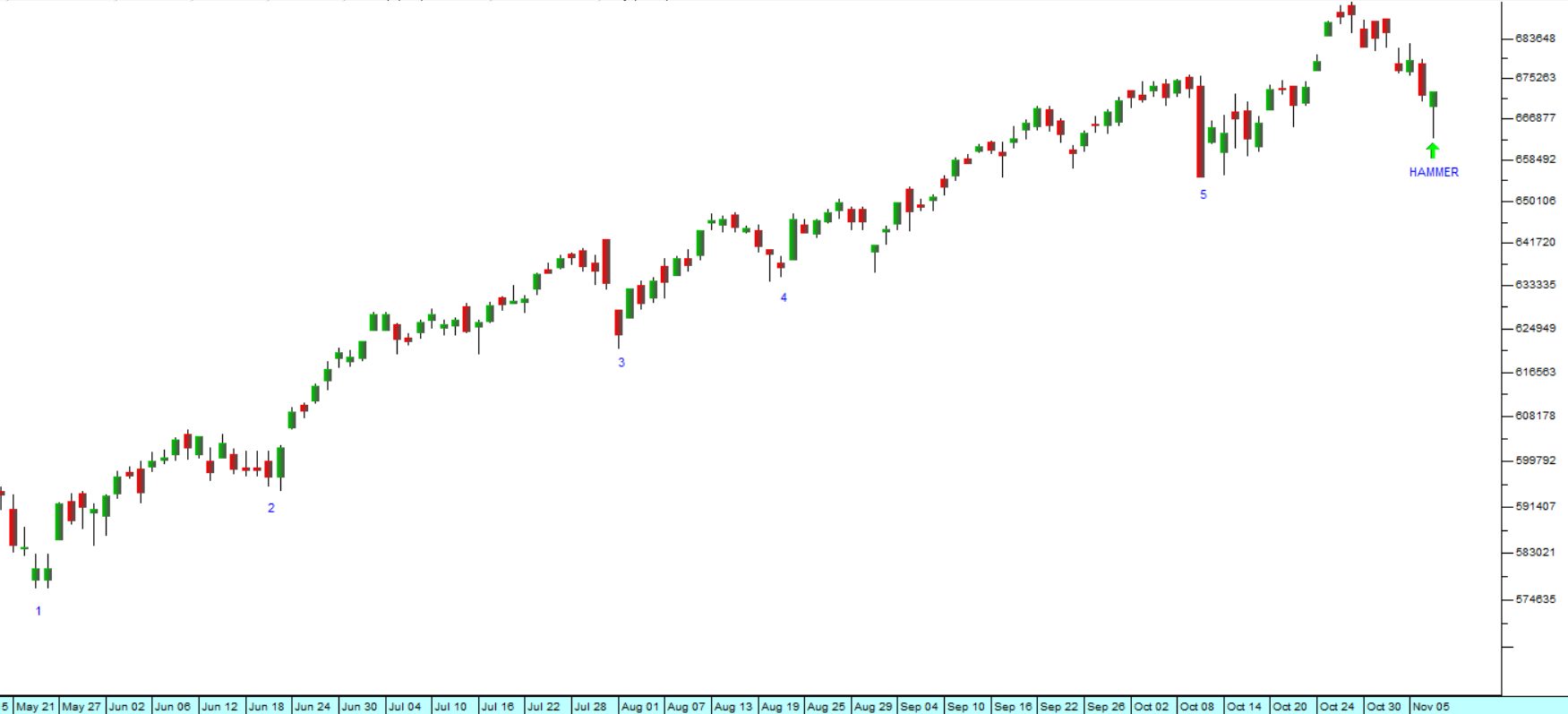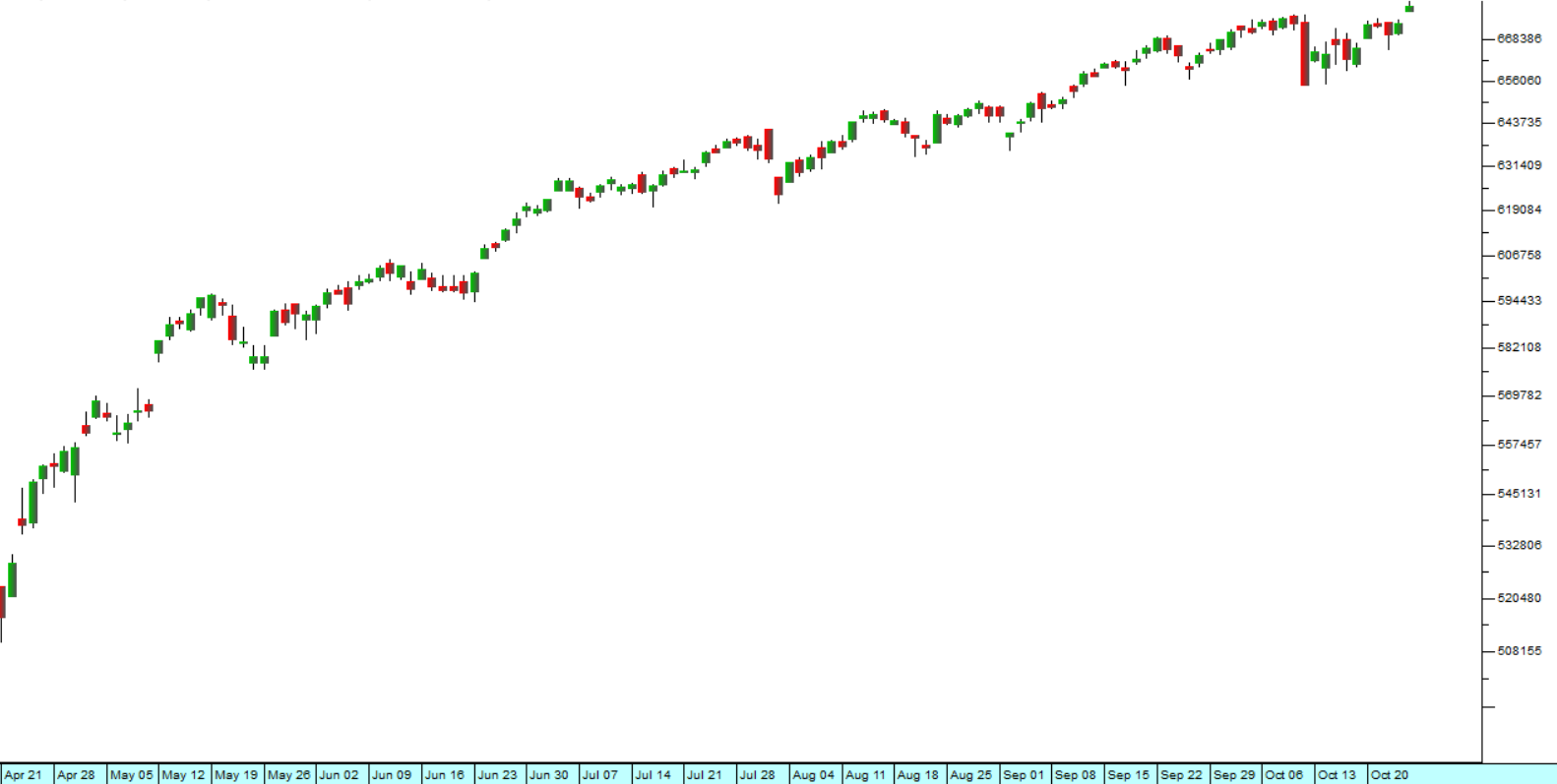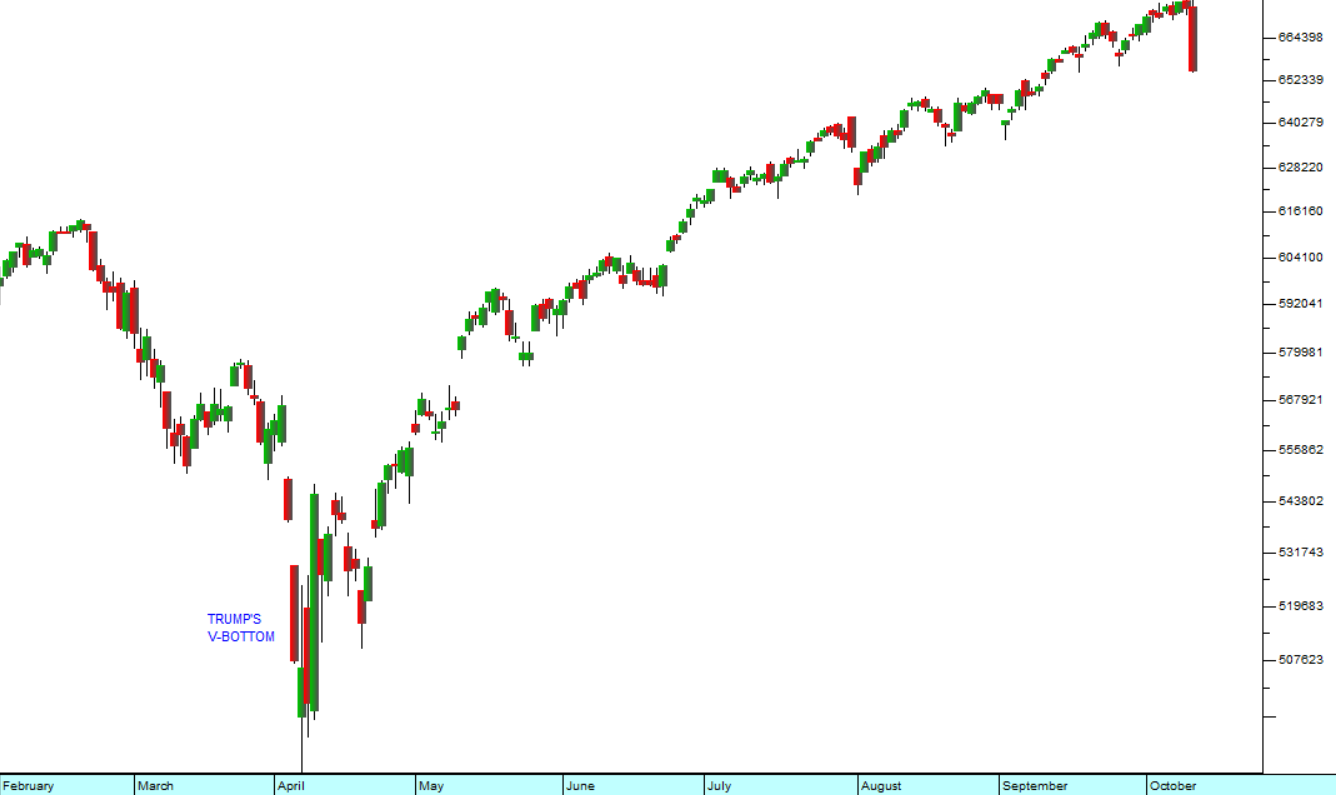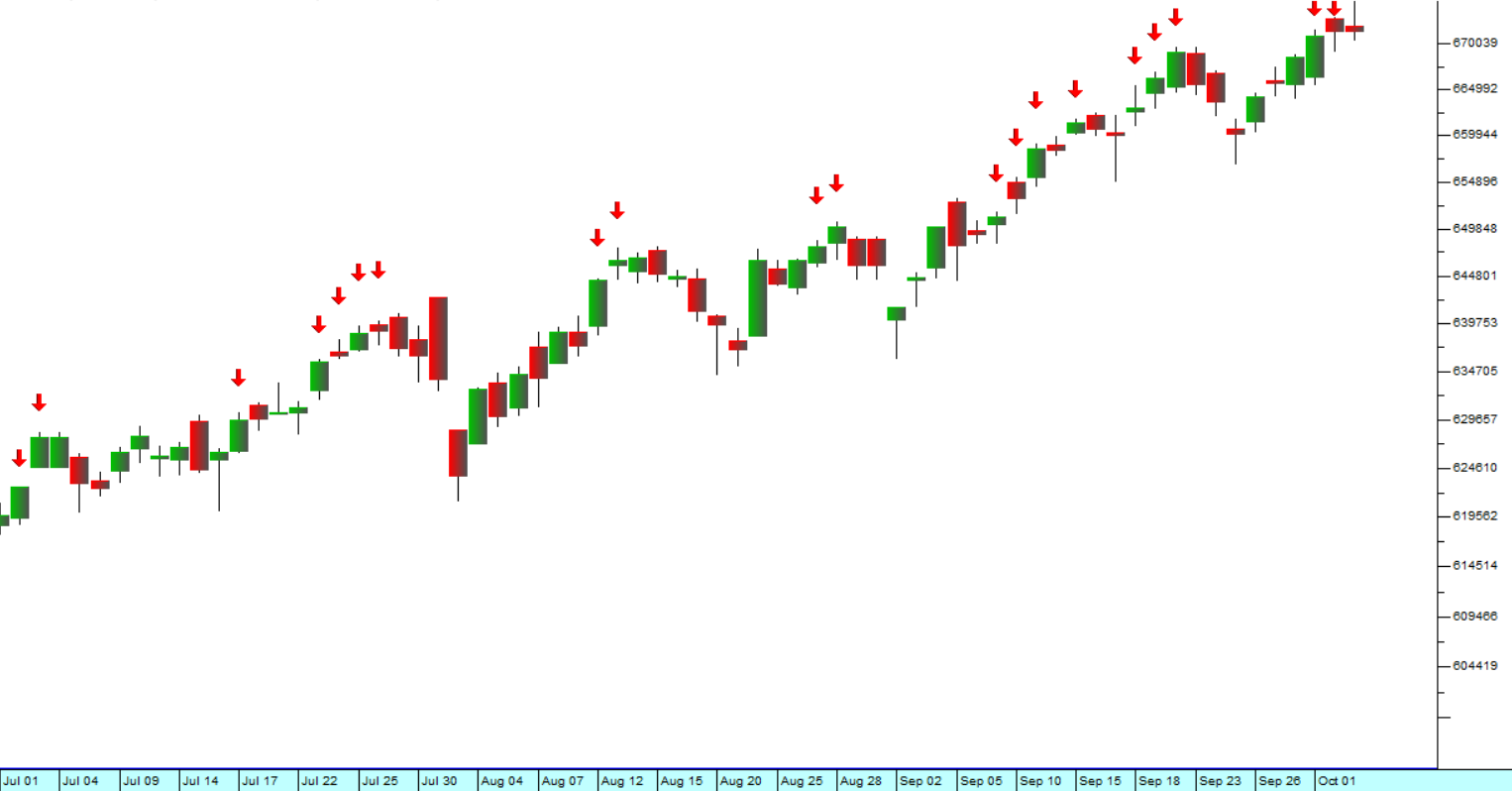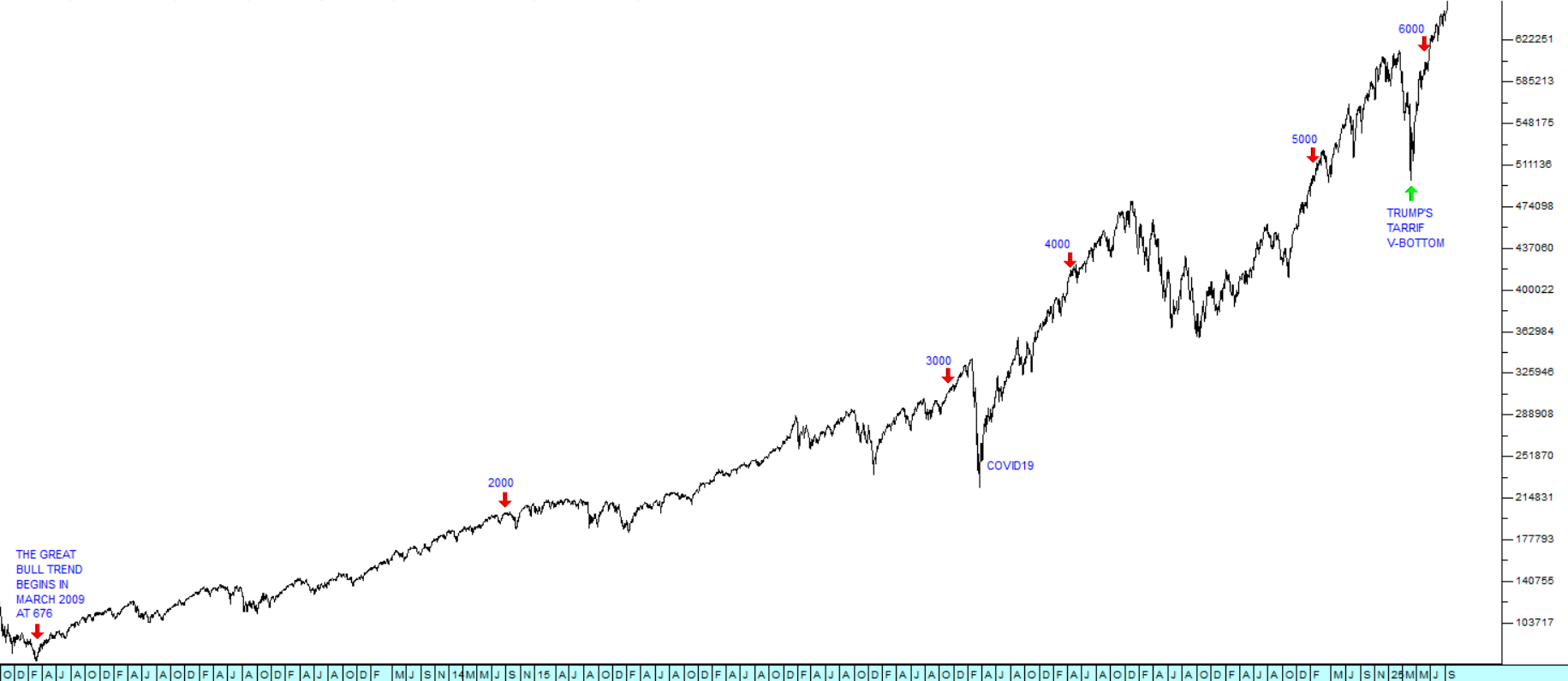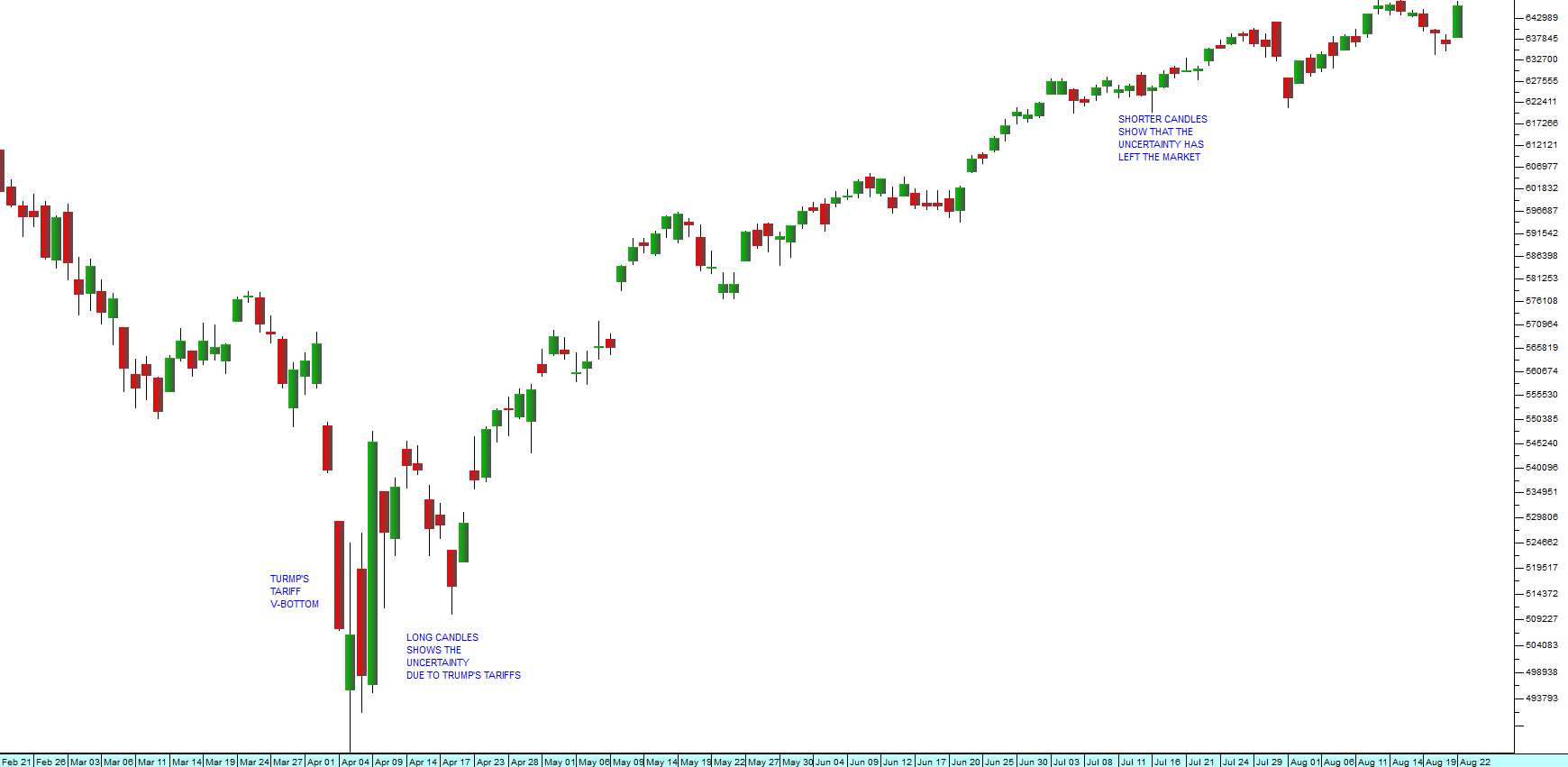The US Jobs Market
8 September 2025 By PDSNETInternational investors who trade on Wall Street are generally negative about any good news from the economy because it tends to make the monetary policy committee (MPC) more hawkish and less likely to reduce interest rates. The opposite is also true. But there comes a point where bad news is so bad that investors begin to fear that the US economy is heading into a recession. On Friday last week the US Monthly Jobs Report from the Bureau of Labour Statistics (BLS) was very negative showing that, for the first time since COVID-19 in 2020, the economy actually lost 13000 jobs in June month this year.
The downward revision to the June jobs figure was combined with the jobs number for August which came in at a surprisingly low 22000 – well below economists’ predictions of 75000. And then there was the unemployment rate which ticked up to a 4-year high of 4,3%, from last month’s 4,2%. Suddenly investors are pricing in a 100% probability of a 25-basis point cut at this month’s MPC meeting and some are even now talking about a “jumbo” 50-basis point cut. Several analysts are also now calling for 0,25% cuts in September, October, and December.
The slowing job market shows that the economy may not be nearly as healthy as investors were thinking. This is having a knock-on effect on the share market following the S&P500's record close on Thursday last week. Suddenly investors are concerned that the US economy has stopped growing. Some are even saying that AI is beginning to negatively impact the labour market with workers being made redundant. What is notable is that manufacturing jobs have declined for the past four months dropping 74000 jobs so far this year. Manufacturing has been a key element of Trump’s economic agenda. Black unemployment particularly is running at 7,5% - its highest level in four years.
The BLS statistics show that the unemployment rate among 16- to 24-year-olds is 10,5% which is the highest it’s been in four years – indicating that there are less job opportunities for young people entering the job market. Even college graduates are battling to find jobs with some experts saying that AI is beginning to limit job opportunities for them - especially for the class of 2024.
Fears of an imminent recession have been compounded by Trump who is once again attacking Jerome Powell, the Federal Reserve Bank Governor, for being too slow to reduce interest rates. This persistent criticism from the President’s office negatively impacts international perceptions of America and raises fears that Trump is seeking to control the Federal Reserve Bank. As a result, the US dollar fell a further 0,7% on Friday against a trade-weighted basket of currencies to its lowest level in a month. So far this year, the dollar is down almost 10%.
The currency of a country is like the shares of a company. If a country is expected to do well and be profitable then its currency rises relative to the currencies of other countries – and vice versa.
The falling US dollar has caused the gold price to spike up. In our article on 11th August 2025, Gold Resistance, we said, “Technically, what we know is that if the resistance at $3424 is convincingly broken then gold will enter a new upward phase”. That has now happened, and the gold price has broken strongly above that resistance level. We now expect it to continue strengthening, especially against the US dollar.
Despite all of the bad news, Wall Street remains in an upward trend. Even on Friday when the S&P500 ended the day down 0,32%, it made a new intraday record high at 6532.65. Consider the chart:
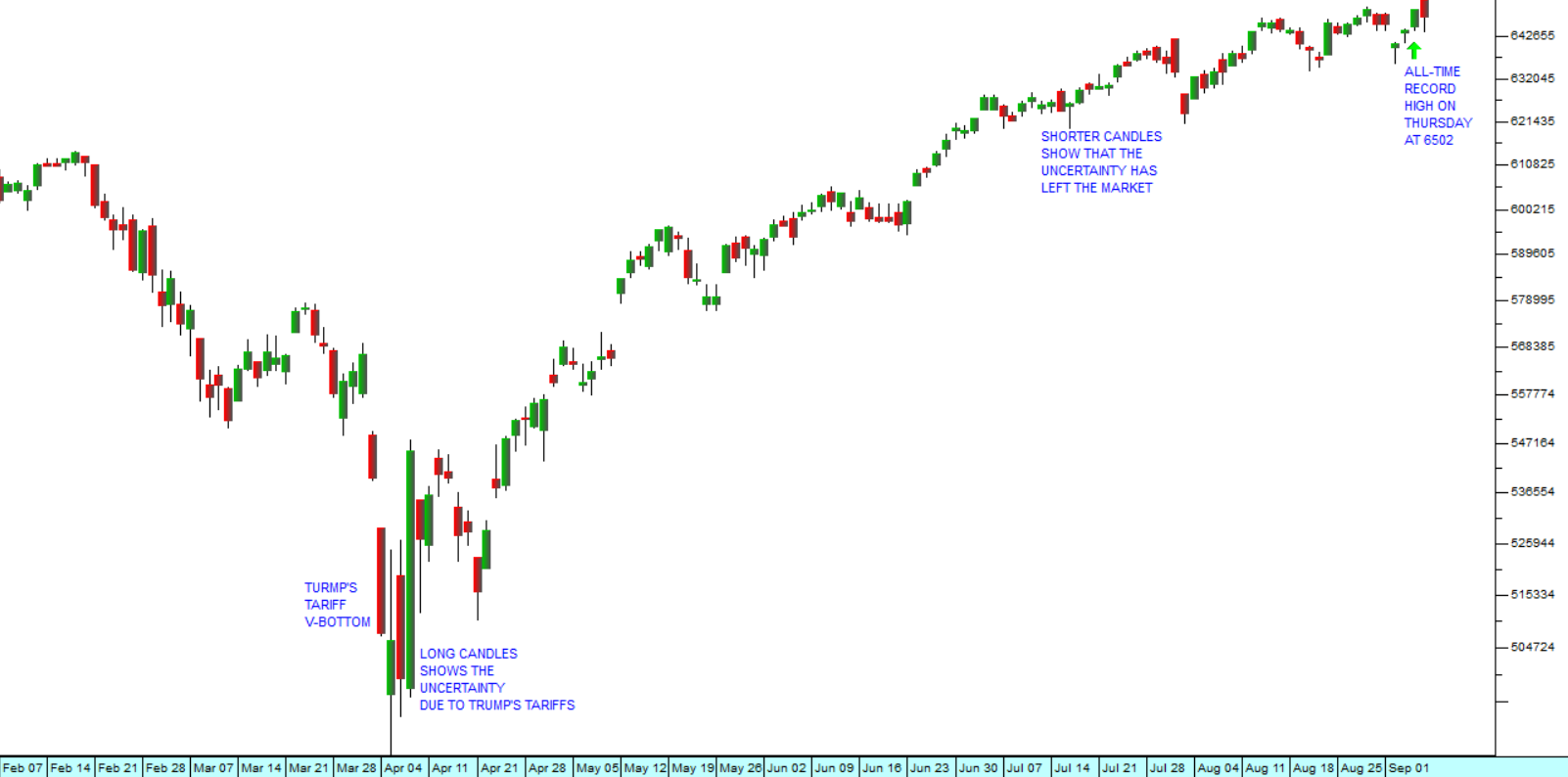
The chart shows the record-breaking run of the S&P as investors became less concerned about Trump’s tariffs and re-focused on the productivity gains to be had from artificial intelligence (AI).
As we have said many times, “Nothing in the markets moves in a straight line” so you should prepare yourself for the possibility of a correction on Wall Street.
DISCLAIMER
All information and data contained within the PDSnet Articles is for informational purposes only. PDSnet makes no representations as to the accuracy, completeness, suitability, or validity, of any information, and shall not be liable for any errors, omissions, or any losses, injuries, or damages arising from its display or use. Information in the PDSnet Articles are based on the author’s opinion and experience and should not be considered professional financial investment advice. The ideas and strategies should never be used without first assessing your own personal and financial situation, or without consulting a financial professional. Thoughts and opinions will also change from time to time as more information is accumulated. PDSnet reserves the right to delete any comment or opinion for any reason.
Share this article:
